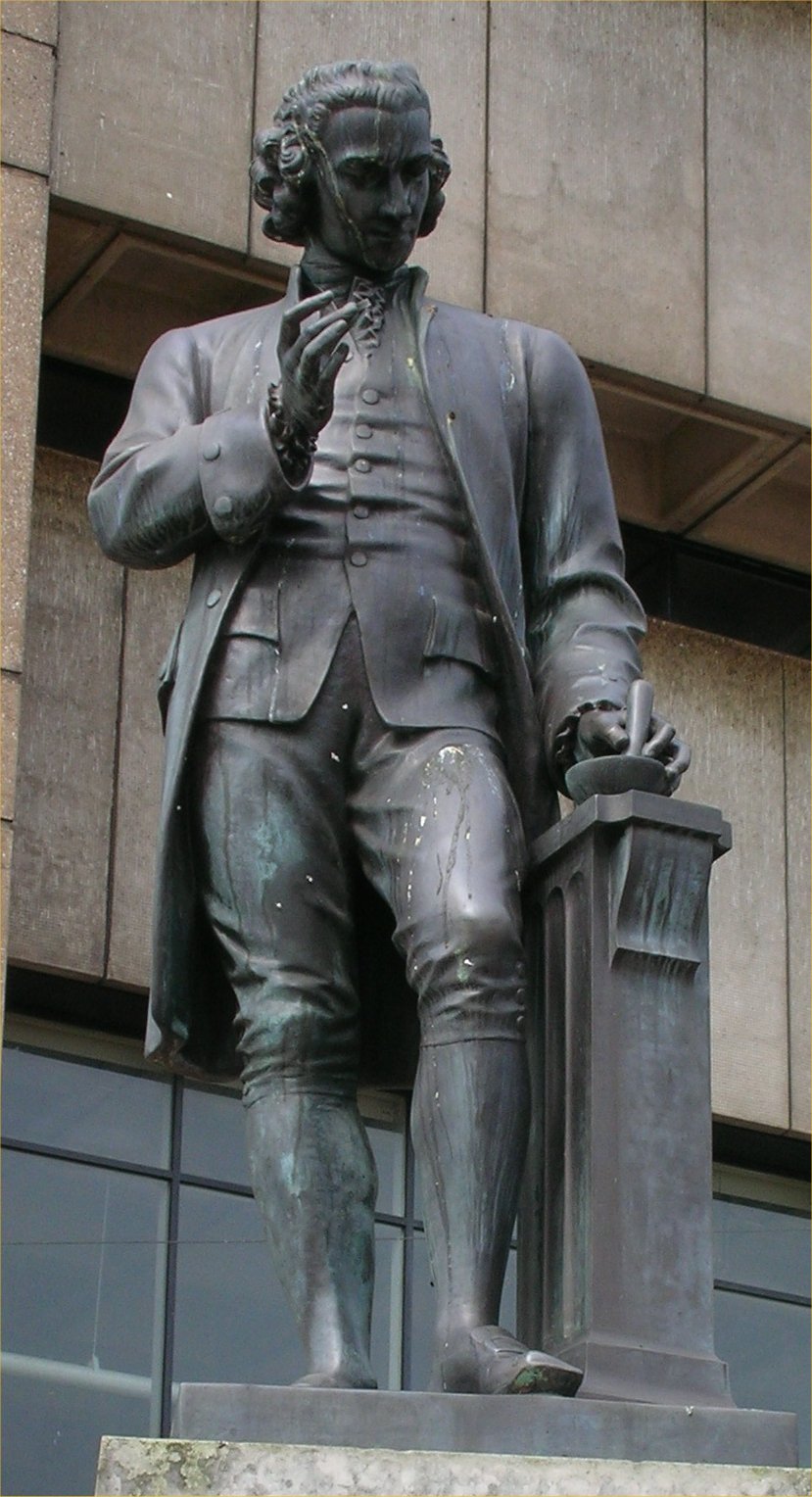 In one of his notebooks, Darwin sketched an iconic figure of the tree of life, prefaced by a pregnant "I Think" (see adjacent image). Darwin also wrote some of his finest prose about the tree of life in the Origin of Species:
In one of his notebooks, Darwin sketched an iconic figure of the tree of life, prefaced by a pregnant "I Think" (see adjacent image). Darwin also wrote some of his finest prose about the tree of life in the Origin of Species:"The affinities of all the beings of the same class have sometimes been represented by a great tree. I believe this simile largely speaks the truth... As buds give rise by growth to fresh buds, and these, if vigorous, branch out and overtop on all sides many a feebler branch, so by generation I believe it has been with the great Tree of Life, which fills with its dead and broken branches the crust of the earth, and covers the surface with its ever branching and beautiful ramifications."But in recent years there has been a great deal of fuss about whether it is still acceptable to talk about a tree of life and whether we should instead be talking about a ring of life or net of life, because there appear to have been many fusions between different lineages, particularly early in life's history, in addition to the lineage splittings that underlie a traditional branching phylogeny.
 And, yeah, I get the point, if your idea of a tree is similar to the tree drawn by Darwin's associate Haeckel, a boring old deciduous tree from northern Europe or North America, with a single trunk and no fusions between trunks or branches.
And, yeah, I get the point, if your idea of a tree is similar to the tree drawn by Darwin's associate Haeckel, a boring old deciduous tree from northern Europe or North America, with a single trunk and no fusions between trunks or branches.But for me the tree simile still "largely speaks the truth"--you just have to broaden your idea of what a tree looks like!
 Here are some images of a fig tree that I snapped while on a recent holiday in Sicily. Here you can see what appear to be rampant fusions between trunks and branches*. To me this suggests that Darwin's simile is fine, so long as you think fig tree, not oak tree!
Here are some images of a fig tree that I snapped while on a recent holiday in Sicily. Here you can see what appear to be rampant fusions between trunks and branches*. To me this suggests that Darwin's simile is fine, so long as you think fig tree, not oak tree!
*OK, I realise that in fact these apparent fusions between branches are the result of aerial roots arising from branches that then grow downloads, but for a simile to work, it doesn't need to be accurate in every detail!








